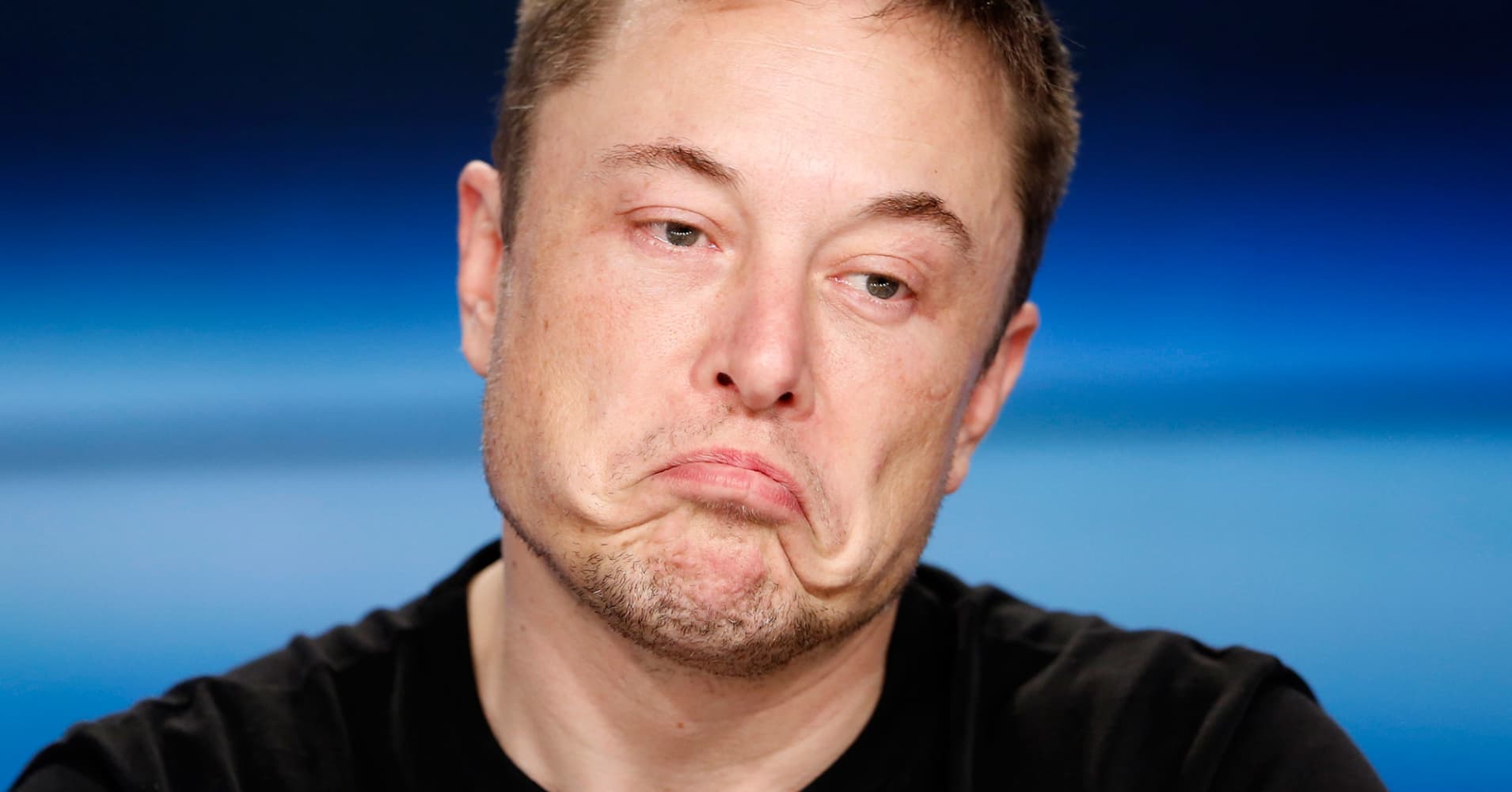Any American millennial would probably flinch upon hearing the word 'Enron', a name plagued with so much infamy it has become a metaphor for corporate corruption and fraud. Spear-headed by the then audacious CEO Ken Lay, Enron showed promise of becoming a paragon of corporate America, even making Fortune's list of 100 best companies to work for at the time.
Recently, Elon Musk was forced to step down from his position as Tesla CEO in compliance with an agreement to resolve the SEC's securities fraud charge against him. Apparently, a series of tweets, especially one made last August 7, 2018 where Mr. Musk claimed he "could take Tesla private at
$420 per share (a substantial premium to Tesla's trading price at the time) and that funding for the transaction had been
secured, with the only remaining uncertainty of shareholder vote." was subtly mendacious. "In truth,
Musk knew that the potential transaction was uncertain and subject to numerous contingencies." reads the report of Ms. Stephanie Avakian, Co-director of the SEC's Enforcement Division.
This misleading information from Mr. Musk's tweet was linked to a sudden stock price jump of around 6% for Tesla. From a financial viewpoint, such an action whether intended or not by Mr. Musk resembles a recurring symptom of Enron during its nascent days in the stock market, though Enron's fraud is more furtive and damaging. Nonetheless, mayhap traumatized by the Enron fiasco, the SEC persisted with its charges in an effort to reduce risk and safeguard investors. Remember that Enron's accounting division had made-up entities of which it was supposed to conduct its trades with, including business agreements that were never seen to fruition. In effect, Enron was able to build up a facade of profit, when in reality the organization was sinking in debt. Now, aren't these signs quite similar to the effect Elon's tweet had on Tesla's stock price? Again, Mr. Musk's case is actually light considering there is also no solid evidence that securing funds was not realizable.
Comparing the 2 situations, the SEC - an organization that has struggled with security fraud - from Enron's ethereal business partners to Lehman's toxic mortgage-backed securities, had no choice but to pursue the charges, whether Mr. Musk was able to secure such a transaction or not. The fault does not after all gravitate around Mr. Musk's tweet, but at the effect it had on the stock price. Don't you think this story would have gone differently if the stock price didn't move up 6%?
References
Elon musk
settles SEC fraud charges; tesla charged with and resolves securities law
charge; settlement requires musk to step down as Tesla’s chairman; tesla to
appoint additional independent directors; tesla and musk agree to pay $40
million in penalties. (2018, Oct 01). M2 Communications
Enron -
where are they now? (2011, 11). Energy Risk, 9, 33-40.
Enron: Where are they now? part II. (2011, 12).
Peter Behr
and, A. W. (2002, Aug 18). How enron fell: A chronicle of greed: (part two): A
billion-dollar shell game: Unchecked ambition, selfishness and arrogance all
contributed to bring down the corporate poster boy for the 'new economy.' what
remains is a parable for what happens when malfeasance takes root in the
boardrooms of america's business elite. Edmonton
Journal
Singleton-Green,
B. (2002). How the fraud worked. CA Charter, 73(9), 58-60.
Charting the Legacy
10 Years On. (2011, 11). Energy Risk, 9, 24-32.
Short Seller Saw
Danger Signals At ENRON a Full Year Before It Collapsed. (2002). Hart's
Petroleum Finance Week, 10(7),
1.
U.S. Energy Markets
Withstood ENRON'S Collapse, Senate Committee Told. (2002). Hart's
Petroleum Finance Week, 10(5),
1.
Allaire, Y.
(2002, Mar 27). Rethinking enron: While enron has become a five-letter world
for
corporate misbehaviour, perhaps
it should be viewed as the quintessential 'modern'
corporation.
National Post
Unregulated OTC
Derivatives Markets Invited Abuses Inside ENRON As Well. (2002).
Hubbard, R.
(2001, Nov 07). Enron hid debt in its many units, suit claims: SEC
investigates:
Investors say it used asset
sales to make its books look good. National
Post
Ryan, J. (2001,
Nov 27). Enron stock slides into 'death' spin: Stock down 15.4% on day:
Pessimism worsens over
likelihood of dynegy takeover. National Post
Heller, M.
(2001, Dec 13). Lawmakers probing enron call for more analyst scrutiny. American
Banker
Davis, B. (2001,
Nov 30). Enron's friends in high places: President george W. bush's biggest
backer. National Post
Morton, P.
(2002, Feb 12). Kenneth lay under fire over his silence: Constitutional right:
Enron
chairman convinced 'they want to
put me in jail'. National Post
Taylor, J.
(2002, Jan 22). Enron was no friend to free markets. National Post
Philip, D. B.
(2002, Jan 29). Enron lived 'on edge - sex, money, all of it': The rise and
fall of
houston
decadence (toronto edition headline); enron broke rules in sex and business:
Energy trading, indeed (all but toronto headline). National Post
Diane Henriques
with, K. E. (2002, Jan 28). Enron's hazy legal landscape: Were strong laws
violated
by bad people, or did weak laws render such violation unnecessary? National Post
Baker, C. R.,
& Hayes, R. (2005). The enron fallout: Was enron an accounting failure?
Managerial Finance, 31(9), 5-28.
The enron
effect. (2006). Accountancy Age, , 13.

0 Comments